T4K3.news
Tesla eyeing UK home energy service
Tesla has applied for an Ofgem electricity licence to supply power to UK homes, potentially shaking up the energy market.
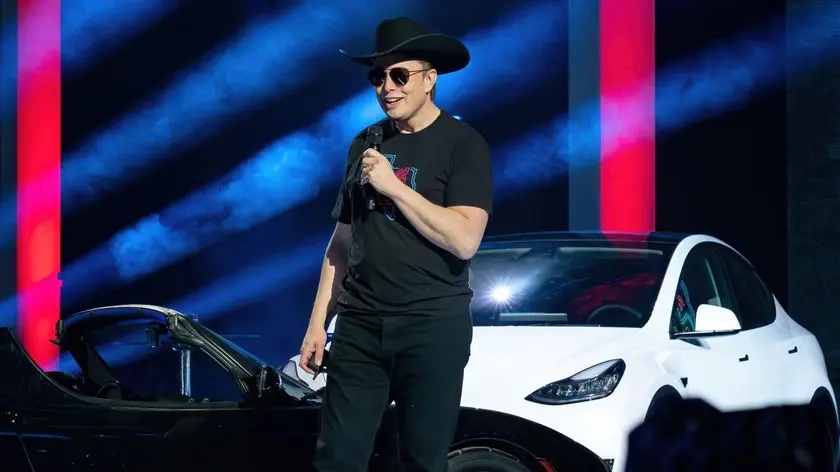
Tesla applies to Ofgem for an electricity supply licence in the UK, aiming to expand into home energy alongside its car business.
Tesla seeks electricity supply licence to power UK homes
Tesla has applied to Ofgem for an electricity supply licence in Britain, a move that would let the company sell power to households and compete with established providers such as Octopus Energy and British Gas. The licence review can take up to nine months, during which regulators assess the company’s plans and consumer protections.
If approved, Tesla would mirror its Texas energy activities, where Tesla Electric bundles home energy, EV charging and grid services for customers. In Texas the company operates a virtual power plant that lets customers export energy from Powerwall batteries back to the grid. In the UK, the regulatory and market environment would shape how such a service is packaged and priced, and whether vehicle batteries or home storage become key parts of grid balancing. The article notes that the UK’s existing car batteries are not configured to export power to the grid yet, which could influence the pace and design of any UK rollout.
Key Takeaways
"The grid may finally meet the driveway"
A line illustrating the convergence of car and home energy markets
"Power from home batteries could power the grid"
Describes potential two way energy flow between houses and the grid
"A car maker bets on energy services for homes"
Editorial on Tesla's strategy
"If approval comes, consumers win a new kind of tariff"
Commentary on tariff options for users
Tesla’s UK filing signals a broader shift in which automakers step into the energy supply arena. If licensed, the company could chip away at price competition while offering customers a tighter link between mobility and home energy. The move also poses questions for regulators about consumer protection, data handling, and who bears the cost of grid stability as more homes add storage and bid into demand response.
For the UK, the development could accelerate the adoption of distributed energy resources and two way grids, but it will test existing tariff structures and wholesale pricing models. The biggest hurdle may be aligning rapid product development from a tech company with the slower, careful pace of energy regulation and customer service.
Highlights
- The grid may finally meet the driveway
- Power from home batteries could power the grid
- A car maker bets on energy services for homes
- If approval comes, consumers win a new kind of tariff
The energy map could shift as cars and homes collaborate more closely with the grid.
Enjoyed this? Let your friends know!
Related News
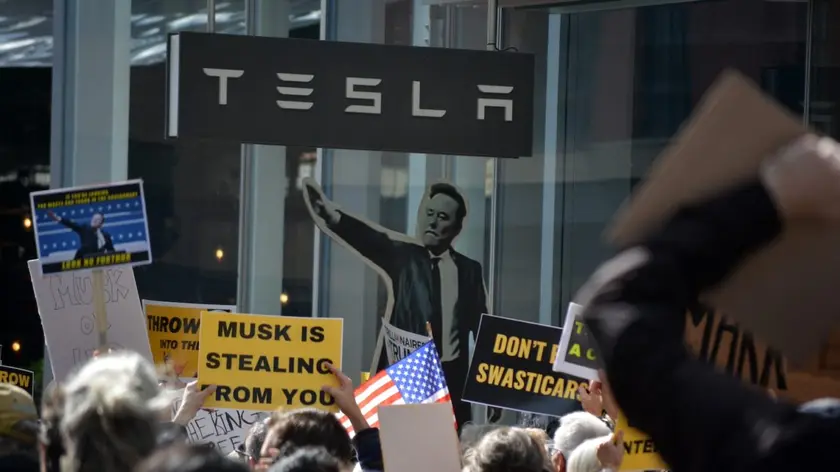
Tesla eyes UK energy market as car sales slip
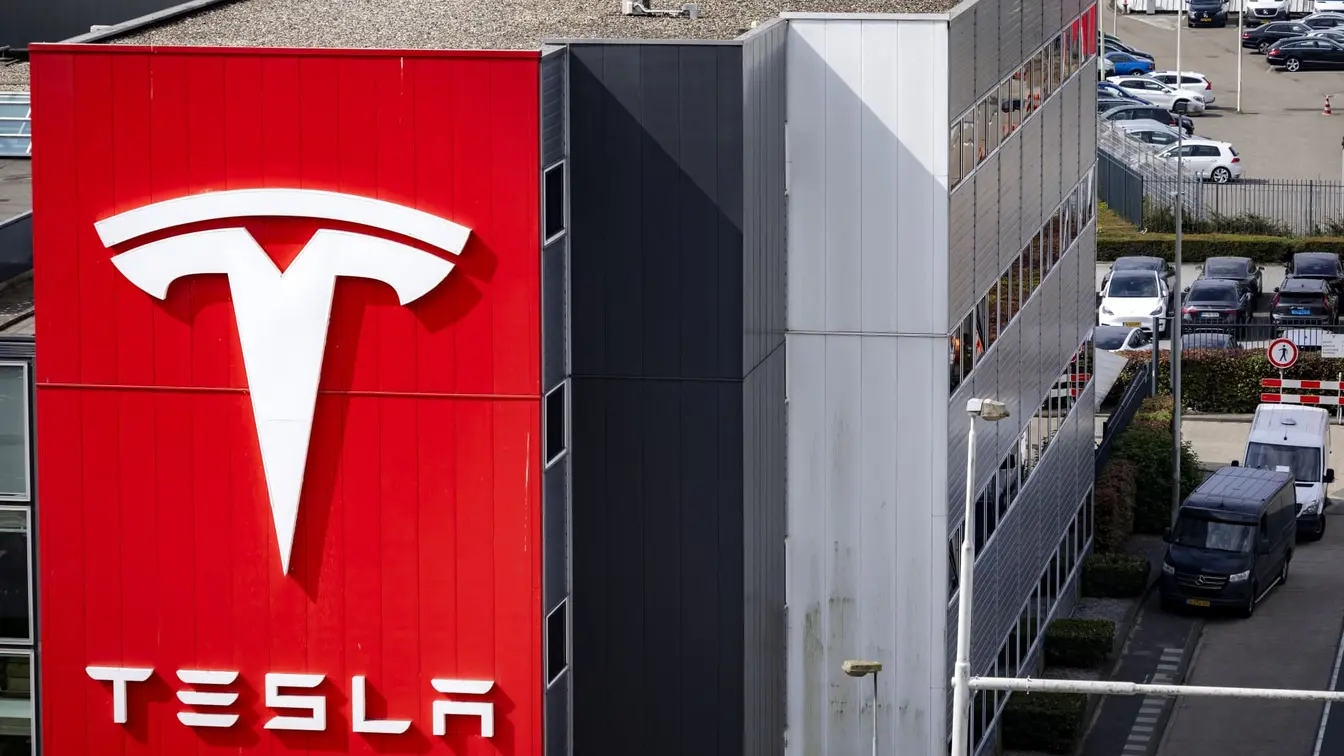
Tesla eyes UK electricity license
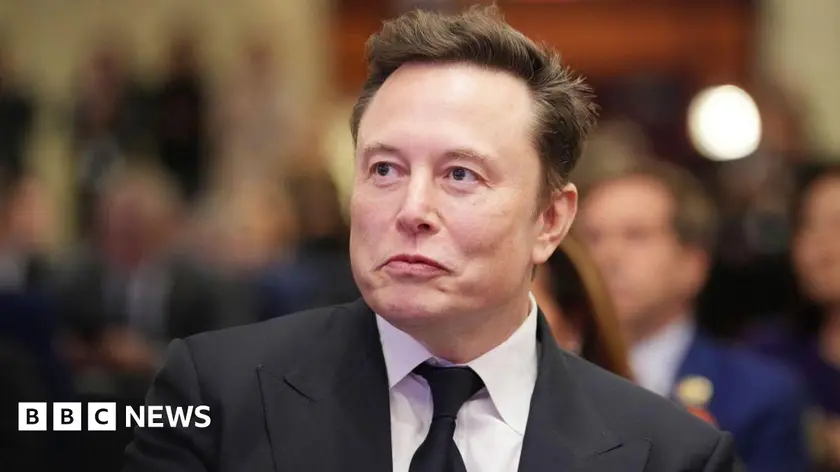
Tesla seeks power supply licence in Britain
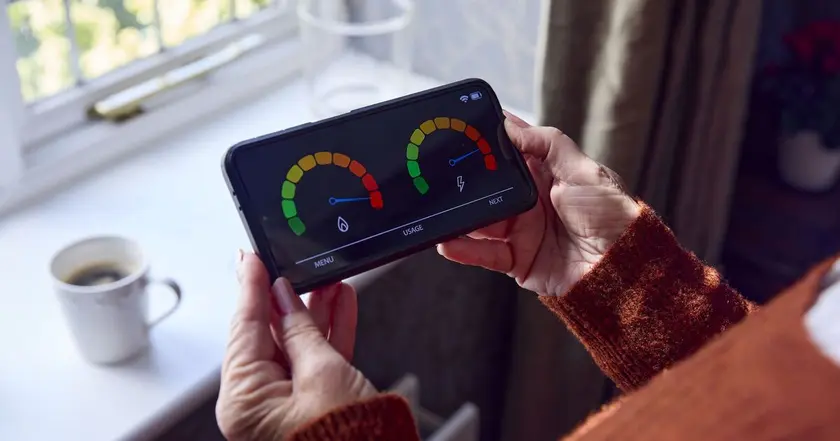
UK households warned of energy supply changes

Bitcoin reaches record high ahead of Trump's inauguration

Mother fights to save her daughter from mental illness
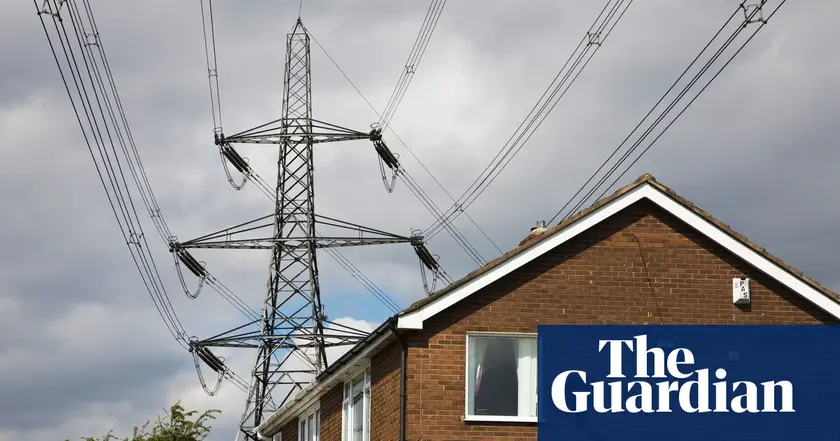
UK government introduces energy bill discounts for local households

Sizewell C nuclear power project costs soar to £38 billion
